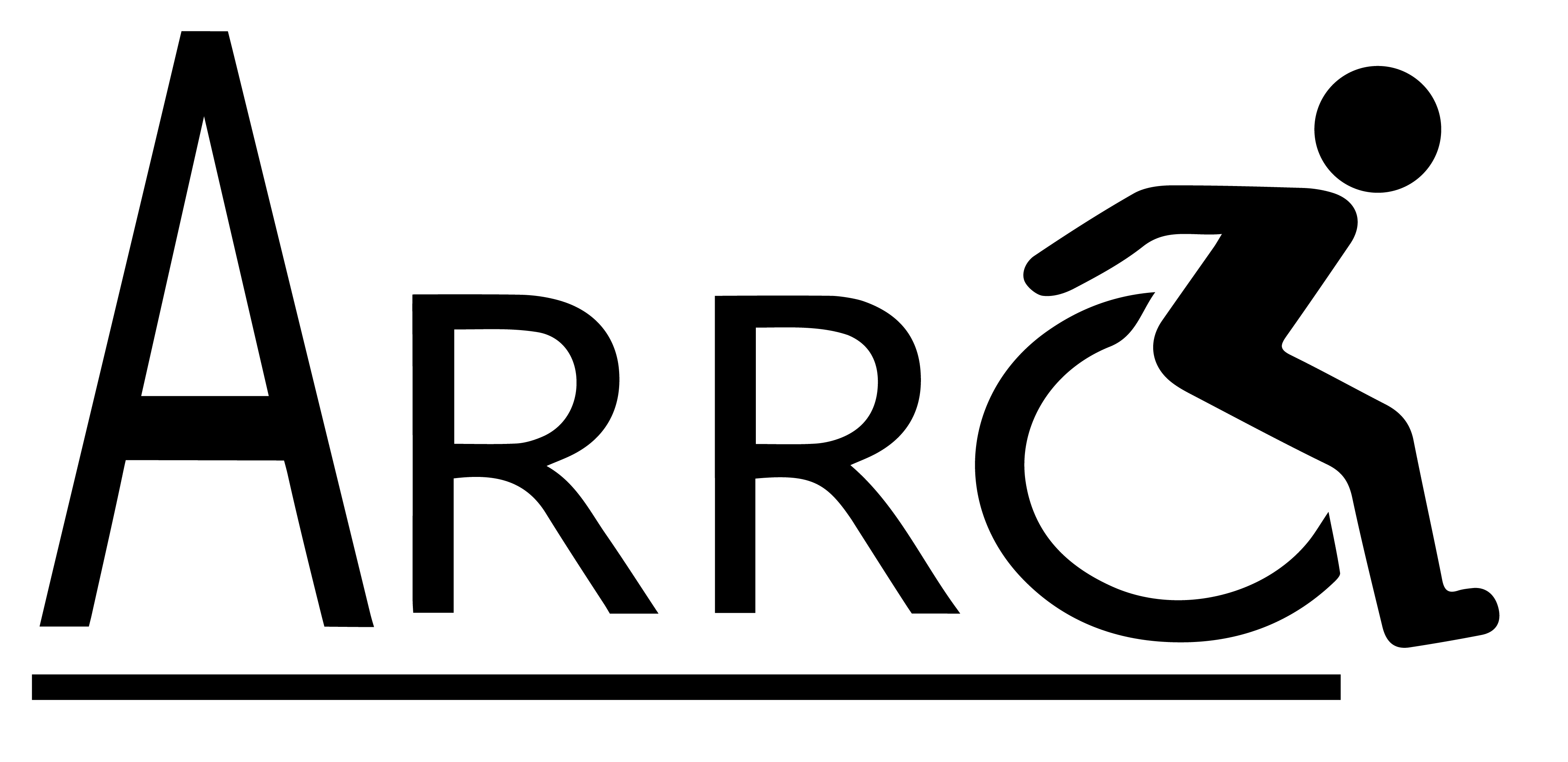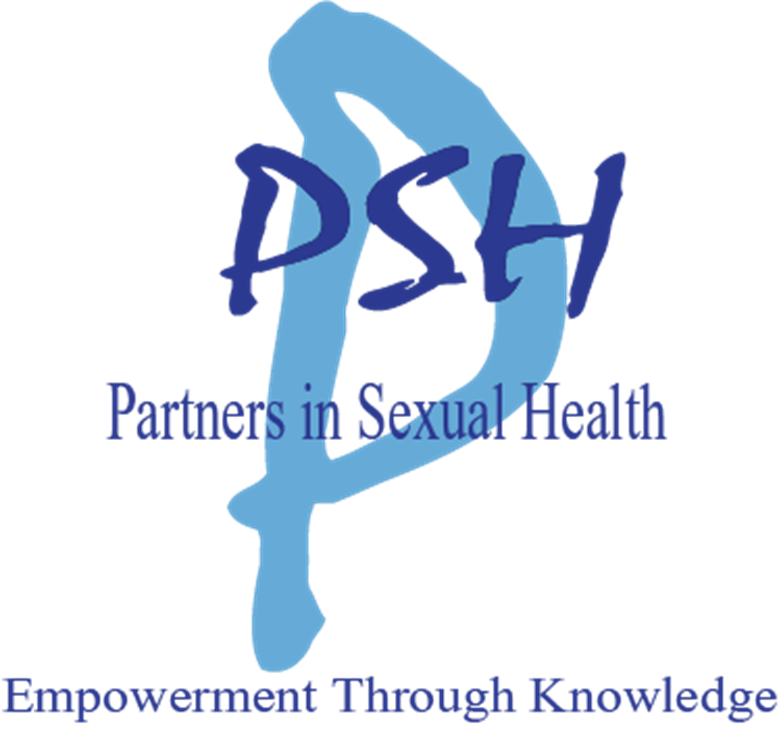Breaking the Silence
Providing access to Comprehensive Sexuality Education and Sexual and Reproductive Health and Rights to Young People with Disabilities in Southern and Eastern Africa.

People with disabilities have the same sexual and reproductive health needs and rights as people without disabilities. Yet people with disabilities face numerous barriers to access sexual and reproductive health and rights (SRHR) services and education and cannot enjoy their SRHR on an equal basis with others. In addition, growing evidence shows that people with disabilities are more likely to experience health inequalities, have poorer health outcomes including sexual and reproductive health and are more likely to be exposed to violence.
The Breaking the Silence (BtS) project has set out to generate more knowledge and data on the sexual and reproductive health and rights of persons with disabilities. It is based at the Gender and Health Research Unit (GHRU) of the SAMRC. This site provides links to key publications from the GHRU and BtS team, information on the BTS flagship project on Comprehensive Sexuality Education (BtS-CSE) and initiatives supported by the BtS team.
Publications
| Teams publication on disability and comprehensive sexuality education in Africa |
|
| Teams publication on disability and violence in Africa |
|
| Teams publication on disability and sexual and reproductive health and rights |
|
BtS-Comprehensive Sexuality Education Flagship Project
BtS-CSE is the teams flagship project and focuses on increasing access to comprehensive sexuality education (CSE) for learners, children and youth with diverse disabilities through providing affordable tools and ideas to educators in diverse settings in Africa. BtS-CSE is an evidence-based ‘curriculum-implementation approach’, South led and developed in collaboration with people with disabilities, researchers, educators, and representatives from the Department of Education in KwaZulu-Natal, UNFPA and local NGOs such as the Western Cape Forum for Intellectual Disability (WCFID) and the QuadPara Association KwaZulu-Natal. Some of the visual resources utilized in BtS have been provided by WCFID.
BtS-CSE is aligned to the UN Technical Guidelines on Sexuality Education (2018). It draws on social learning theory utilizing group-based learning, participatory methods, and a whole school approach to involve community, parents, and peer support. The Breaking the Silence approach is made up of 5 components in its aim to deliver evidenced based CSE to children and youth with disabilities in Africa. BtS-CSE has the following documents developed.
BtS Resources
(fill in form to download) - Once form is filled in, files will appear in a separate page for downloading.
- Overview of the BtS-CSE project
- Training approach, manual and toolbox for educators to provide CSE to learners with disabilities in accessible formats suitable for low-cost settings
- Johns, R., Chappell, P., Bakaroudis, M. & Hanass-Hancock, J. (2022). Breaking the silence: Comprehensive sexuality education for young people with disabilities. Comprehensive guide. Johannesburg: United Nations Population Fund and South African Medical Research Council
- Johns, R., Bakaroudis, M. & Hanass-Hancock, J. (2022). Breaking the silence: Comprehensive sexuality education for young people with disabilities. Lesson plans. Johannesburg: United Nations Population Fund and South African Medical Research Council
- Disability awareness checklist for health and sexual and reproductive health and rights services
Resources
- Hanass-Hancock, Jill, Willan, Samantha, Carpenter, Bradley, Tesfay, Nonkululeko, & Dunkle, Kristin (2023). Disability awareness checklist. Facilitator guide. Durban: South African Medical Research Council.
- Hanass-Hancock, Jill, Willan, Samantha, Carpenter, Bradley, Tesfay, Nonkululeko, & Dunkle, Kristin. (2023). Disability awareness checklist for health care services. Durban: South African Medical Research Council
Breaking the Silence video by community partners
Collaboration and Support
| Supporting the UNFPA Strategic Guidance on Sexual Reproductive Health and Rights and People with Disabilities in Eastern and Southern Africa |
|
The BTS team supports UNFPAs regional initiative to increase access to sexual and reproductive health and rights for women and young people with disabilities in eastern and southern Africa:
|
| Informing Inclusion of Disability in the work of UNAIDS |
|
The BTS team supports advocacy and information sharing on disability and HIV to inform UNAIDS: |
| Supporting Advocacy and Capacity Building by People with Disabilities through ARRC |
|
The BtS team supports the Afrique Rehabilitation & Research Consultants (ARRC ) through information sharing and development of strategic documents to advance disability inclusion in programmes that address sexual and reproductive health and rights. Examples are: |
| Supporting Partners in Sexual Health Leaving No one Behind Campaign |
|
BtS supports Partners in Sexual Health (PSH) project to Leaving no one behind through training facilitators and educators with the Breaking the Silence approach. The team also collaborates on a Feasibility study to understand the implementation of the Breaking the Silence approach.
|
| Supporting the Development of a Comprehensive and Disability Inclusive Practical Guide for Health care workers |
|
The BtS team is currently supporting the South African Department of Health and ARRC to develop the disability inclusion sections for the “Framework for Sexual and Reproductive Health and Rights Comprehensive Training Package”. This training and comprehensive guide targets health care workers. It is currently under development and will provide a comprehensive training on all elements of sexual and reproductive health and rights and mainstream disability and diversity issues. |
| Supporting the Dissemination of WCFID Comprehensive Toolbox for Sexual Health and Education of People with Intellectual Disabilities |
|
The Western Cape Forum for Intellectual Disabilities has developed several resources targeting sexual and reproductive health of people with intellectual disabilities. These resources can be purchased at the WCFID https://wcfid.co.za/shop/. |
Contact details
For further information on the project please contact: Prof. Dr. Jill Hanass-Hancock (Senior Specialist Scientist at Gender and Health Research Unit) at Jill.hanasshancock@mrc.ac.za


|

|
